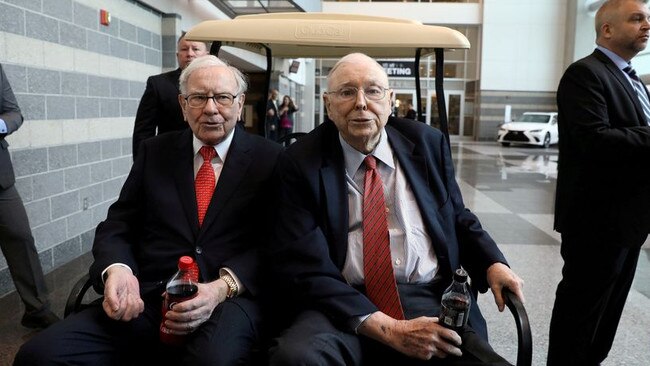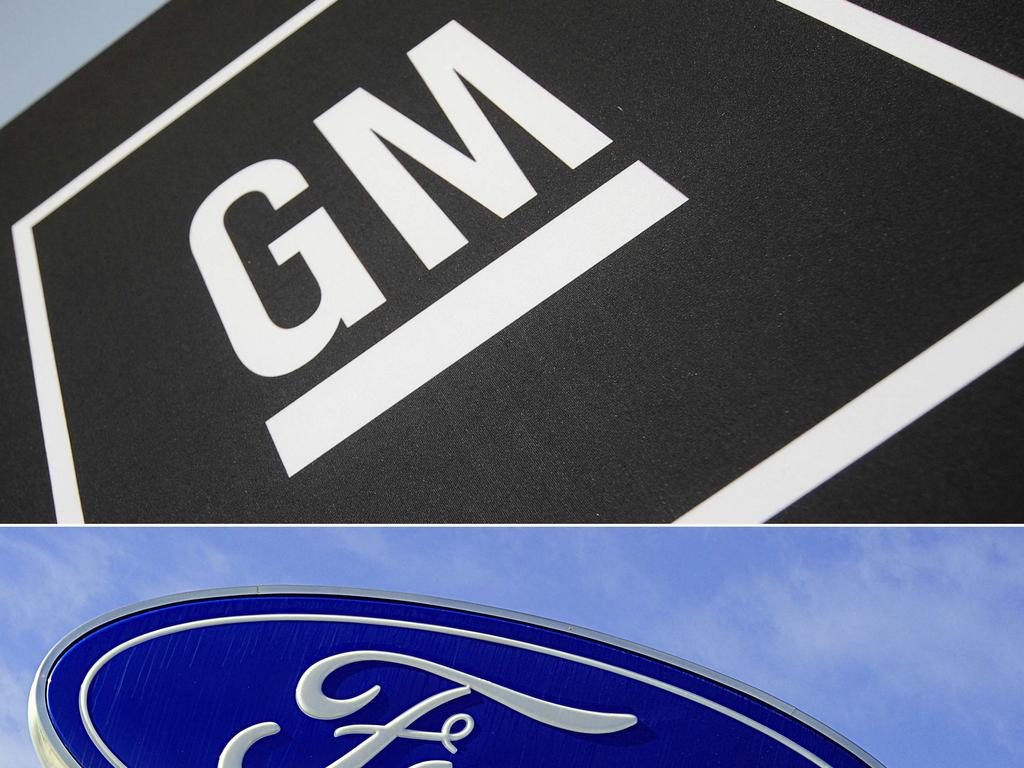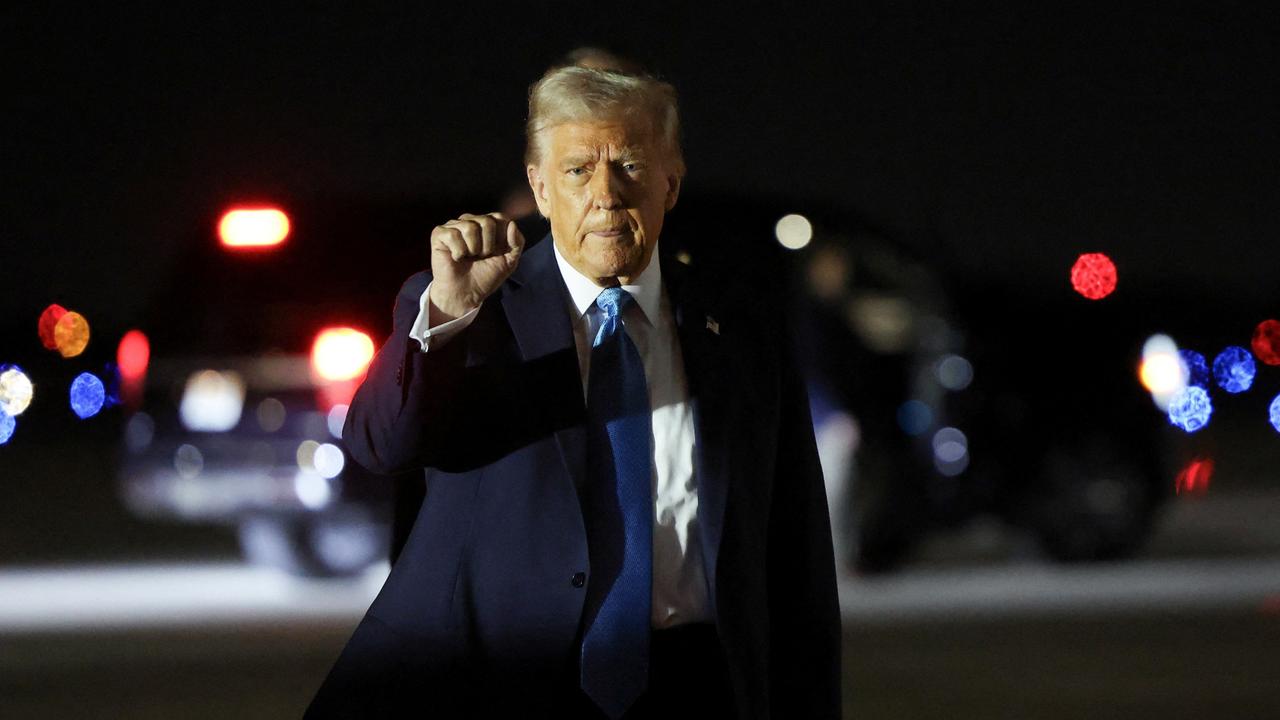Berkshire posts higher profit on railroad, utilities and energy operations
Earnings decline at the company’s vast insurance operations.

Warren Buffett’s Berkshire Hathaway Inc. said second-quarter net earnings rose 7%, boosted by improved results for its railroad, utilities and energy companies.
Berkshire reported second-quarter net earnings of $US28.1 billion, or $US18,488 per Class A share equivalent, compared with a profit of $US26.3 billion, or $US16,314 per Class A share equivalent, in the year-earlier period.
Operating earnings, which exclude some investment results, rose to $US6.7 billion from $US5.5 billion in the year prior. Profits increased within the company’s railroad, utilities and energy divisions but declined at the company’s vast insurance operations.
The company said that earnings for most of its manufacturing, service and retailing businesses declined considerably last year thanks to the coronavirus pandemic. But over the second half of 2020 and into 2021, many of its businesses have recovered and in some cases, even now exceed pre-pandemic levels.
The conglomerate runs a large insurance operation as well as a railroad, utilities, industrial manufacturers, retailers and even auto dealerships. It also holds large investments, especially in the stock market. An accounting rule change in recent years has meant that Berkshire’s earnings often reflect the larger performance of the stock market, while operating earnings more accurately reflect the firm’s large business operations.
The earnings report comes amid a recovering U.S. economy more than a year into the coronavirus pandemic. Markets have also recovered, with the S&P 500 ending the second quarter at a record level. The index was up more than 14% in the first half of the year.
Despite a reputation for often either purchasing companies outright or making direct loans during these types of times in markets, Mr. Buffett’s firm was largely silent for much of the pandemic. The firm’s biggest deal came in the middle of last year when Berkshire announced an agreement to buy Dominion Energy’s midstream energy business for $US9.7 billion including debt. The purchase is typical for Mr. Buffett in that Dominion’s stock was in decline and he knows the sector well.
At the company’s annual meeting in May, Mr. Buffett said the rise of special-purpose acquisition companies and private-equity funds has helped drive valuations in both private and public companies to levels above where they should be. He said some of these groups invest using other people’s money and have a time limit to deploy cash, which drives up prices.
“Frankly we’re not competitive with that. It won’t go on forever,” Mr. Buffett said of SPACs.
One area Mr. Buffett has been active is in buying back Berkshire stock. Last year, Berkshire bought back nearly $US25 billion in shares after refusing to buy back company stock for much of the past few decades. In his annual letter to shareholders, Mr. Buffett defended the larger-than-usual buybacks, saying they enhance the intrinsic value for shareholders but still leave Berkshire ample funds for any opportunities.
On Saturday, Berkshire disclosed that it paid about $US6 billion to purchase shares in the second quarter and has spent $US12.6 billion in the first six months of 2021 to repurchase its shares.
Class A shares closed Friday up 2.1% at $US430,160. The shares are up more than 20% for the year.
The 90-year-old Mr. Buffett, whose shrewd investments have earned him the nickname “the Oracle of Omaha,” has plenty of cash on hand for future acquisitions as a way to drive profit. Berkshire held $US144.1 billion in cash at the end of the second quarter, down from about $US145.4 billion in cash at the end of the first quarter.
The Wall Street Journal




